- News
-
-
-
-
-
Latest News Articles
- 2024 TWS Elections: Canadian Representative April 18, 2024
- Gentrification brings more wildlife to urban areas April 18, 2024
- Oil and gas development, tree cover not good for pronghorn productivity April 17, 2024
-
-
-
- Wildlife Professional Resources
-
- Our Network
-
- PUBLICATIONS
-
-
Recent Posts
-
 The Wildlife Professional November/December Issue
November 1, 2023
The Wildlife Professional November/December Issue
November 1, 2023
-
-
-
-
-
-
- Wildlife Events
-
-
-
Upcoming Webinars
- No Events
-
-
-
- Who We Are
-
Category: TWS Wildlife News
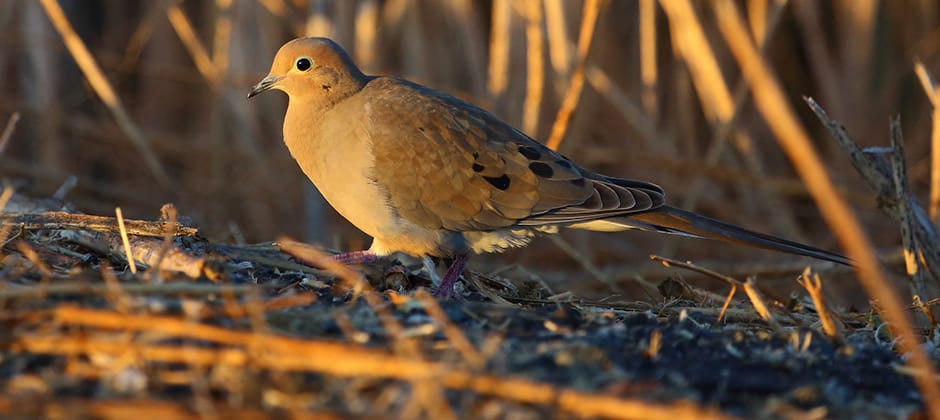
March 23, 2020
Intensive agriculture decreases mourning dove reproduction
Mourning doves are a common species throughout much of the United States, but researchers found that intensive agricultural production could be causing their reproduction to decline. “A lot of papers...

March 23, 2020
Will coastal squeeze affect sea turtles in the Southeast?
Researchers predict that sea level rise on barrier islands in the southeastern U.S. will impact loggerhead and green sea turtle nesting, even in remote areas on barrier islands. Even low...

March 20, 2020
Red-winged blackbirds’ genes change when cowbirds are near
When brood parasitic brown-headed cowbirds are nearby, red-winged black birds’ genes function in similar ways to when they respond aggressively toward their own species, researchers found. “We always wanted to...
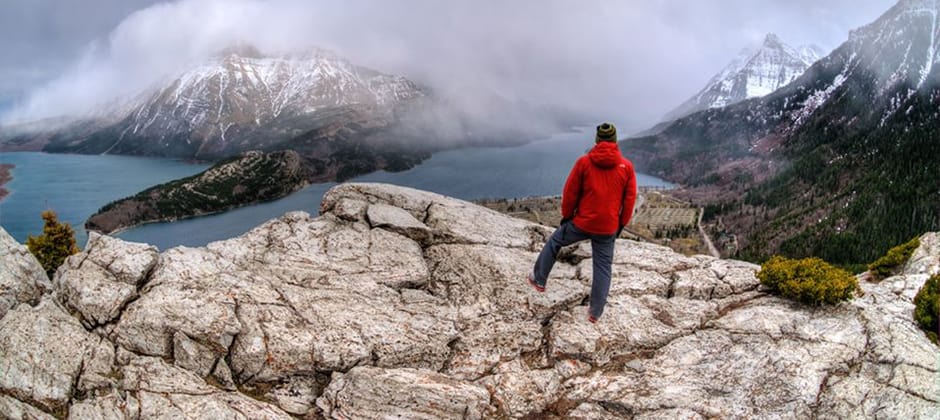
March 20, 2020
‘An antidote to cabin fever’ — with precautions
In response to the new coronavirus, several federal land agencies in the United States and Canada are waiving fees to encourage people to safely visit the outdoors while shutting facilities...
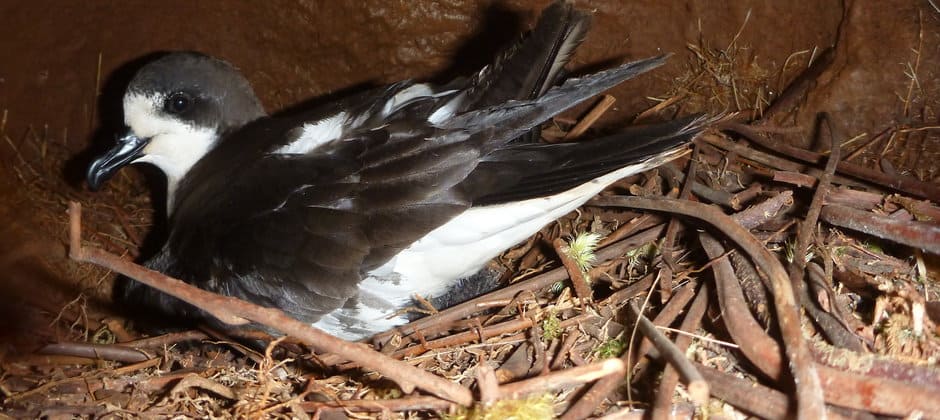
March 19, 2020
Wild Cam: Predator control critical for Hawaiian seabirds
Even in Kauai’s remote mountainous regions, endangered seabirds aren’t immune from the threats of introduced predators, but research shows that predator control can benefit the birds. “There’s this perception that...
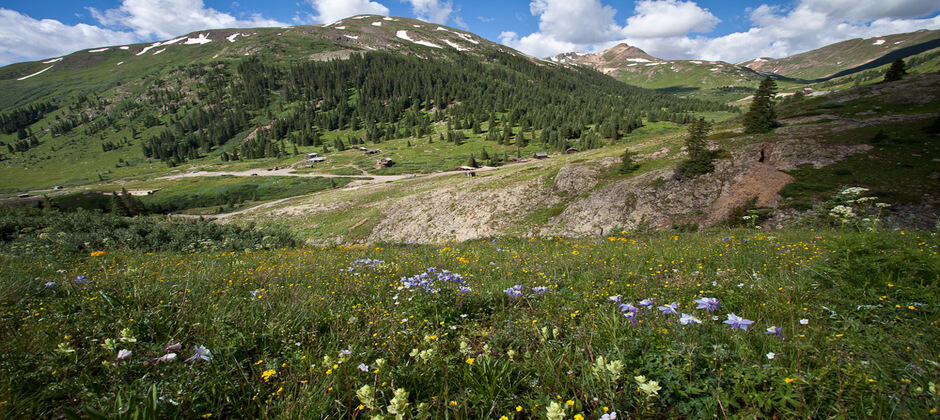
March 18, 2020
Report finds BLM did not adequately assess HQ move
A recent report from the Government Accountability Office found that the administration did not meet relevant standards and practices in moving the headquarters of the Bureau of Land Management from...
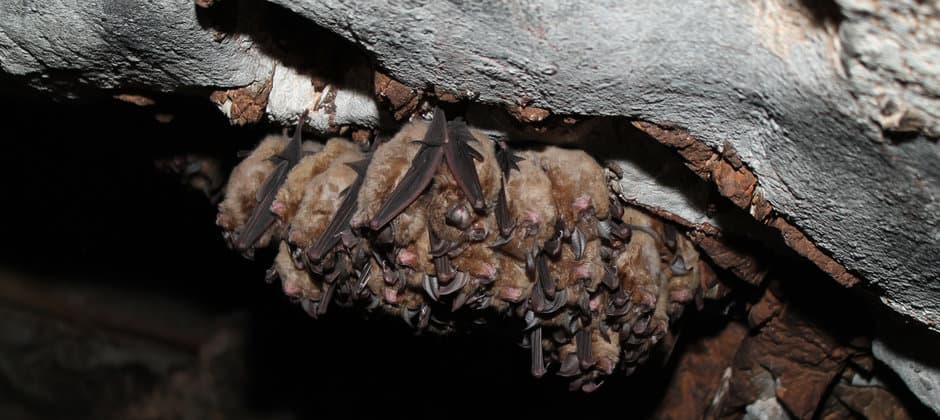
March 17, 2020
Surviving summer allows white-nose fungus to become deadlier
The fungus that causes white-nose syndrome doesn’t decay in North American caves during the summer the way it does in Europe and Asia, researchers found, allowing it to build up...
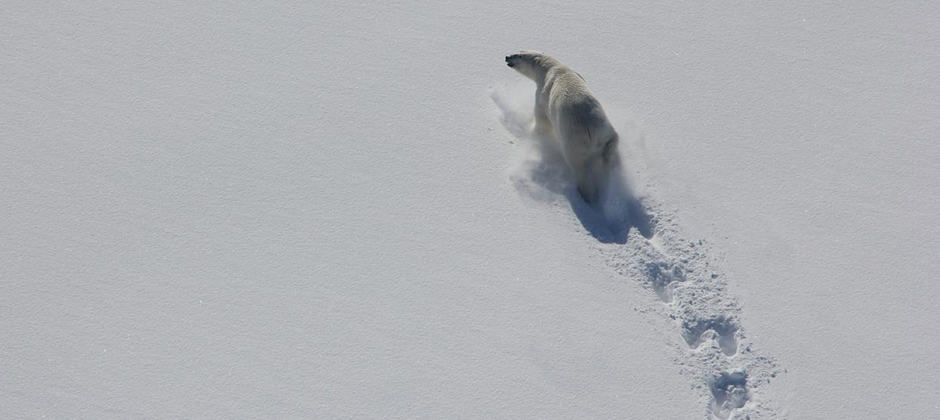
March 17, 2020
Less Baffin Bay sea ice means skinny bears, fewer cubs
Decreasing sea ice cover related to climate change is leading to thinner polar bears and smaller cub litters on Canada’s Baffin Island. “This adds to a growing body of evidence...

March 16, 2020
WSB: Noose carpets lasso rare rails
Researchers are successfully hooking marsh birds with a novel noose carpet technique that uses steel mesh and fishing line to lasso the birds to learn more about their migration. The...
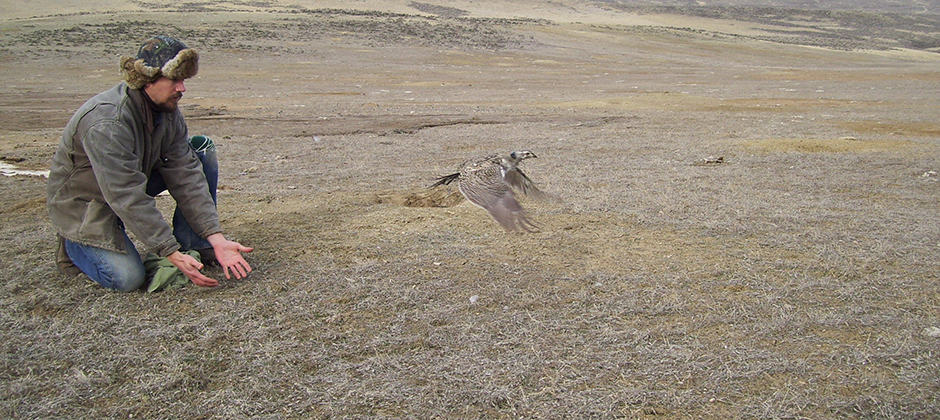
March 16, 2020
JWM: Energy development impacts sage-grouse reproduction
Energy development throughout Wyoming — including wind turbines and natural gas and oil extraction — decreases greater sage-grouse reproduction by removing the sagebrush landscapes they rely on, according to a...

